- No products in the cart.
Neyrobion injection 3ml amp piece 3
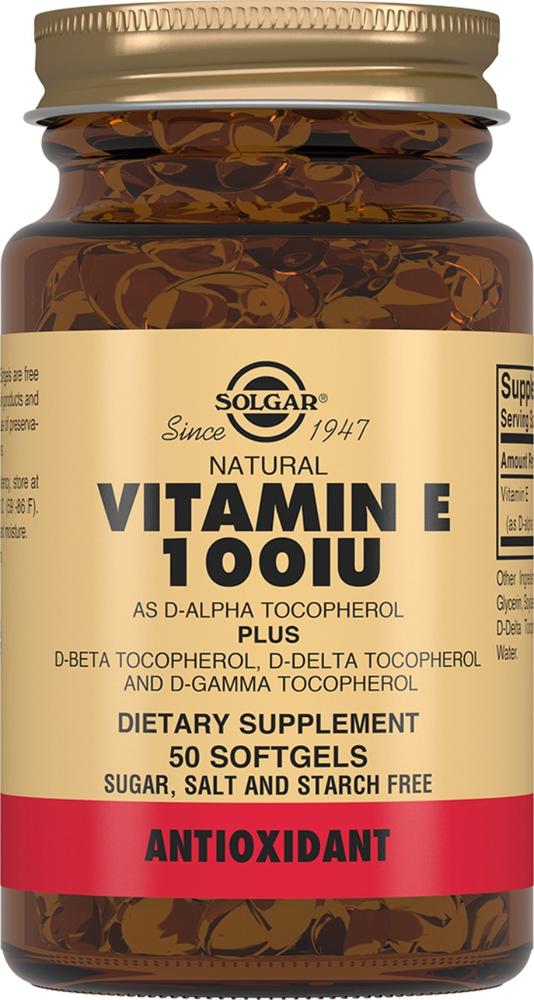
Solgar Vitamin E capsules. 560mg 100me 50 pc
$16.53
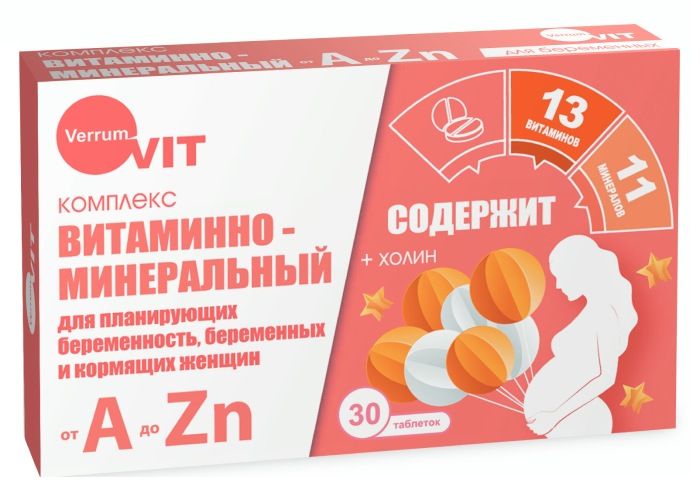
Verrum-vit vitamin-mineral complex of zinc and up tab for planning pregnancy pregnant and lactating women 30 pcs WTF
$6.68
$6.47
Neyrobion injection 3ml amp piece 3
Description
Composition
Active substance:
Thiamine hydrochloride (vitamin B1) – 100.0 mg
Pyridoxine hydrochloride (vitamin B6) – 100.0 mg
Cyanocobalamin (vitamin B12) – 1.0 mg
Excipients:
potassium cyanide, 0.1 mg of sodium hydroxide solution 1M 73.0 mg Water for Injection to 3 ml.
Description:
The clear red solution.
Product form:
Solution for intramuscular administration.
3 ml of the drug in the dark glass vial of type I.
Ampoule applied fault point and marking strip.
3 ampoules in blisters together with instructions for use placed in a cardboard box.
Contraindications
Hypersensitivity to any component of the drug, children’s age.
Indications
In the treatment of the following neurological diseases:
• Neuropathic pain caused by polyneuropathy (including diabetic and alcoholic);
• neuritis and neuralgia:
– trigeminal neuralgia,
– neuritis of the facial nerve,
– intercostal neuralgia,
– pain caused by spinal cord injuries (sciatica, plexopathy, radicular syndrome caused by degenerative changes of the spine),
– herpes zoster.
Interaction with other drugs
While the use of vitamin B 6 levodopa may reduce the antiparkinsonian action of levodopa. Increasing demand for vitamin B 6 may occur with concomitant administration of D-penicillamine and cycloserine. It is not recommended to mix the drug with the other drugs in the same syringe. Vitamin B 1 is destroyed by reaction with solutions containing sulfites.
Overdose
Vitamins B1, B6 and B12 have a wide therapeutic range.
Overdose symptoms are not observed when using the drug at the recommended dose and schedule.
For intravenous administration of high doses of vitamins for a long time (more than 2 months) can be observed toxicity symptoms.
Vitamin B1: after administration of a dose exceeding the recommended more than 100 times (> 10 g), were observed Curariform ganglioblokiruyuschie effects which cause a violation of nerve impulses.
Vitamin B6: prolonged use (> 6-12 months) vitamin B6 in a daily dose of> 50 mg may cause peripheral sensory neuropathy.
Prolonged use of vitamin B6 in a daily dose of more than 1 g for more than 2 months may cause neurotoxic effects.
After the introduction of more than 2 grams per day have been described cases hypochromic anemia and seborrheic dermatitis, neuropathy, ataxia, sensory disorders, epileptiform seizures with changes on the electroencephalogram.
Vitamin B12: after parenteral administration of high doses observed eczematous skin disorders and benign form of acne.
In the case of the above symptoms treatment of overdose should be abolished. If necessary, appointed by symptomatic therapy, including desensitization.
pharmachologic effect
Pharmacological group:
B vitamins
Pharmacodynamics:
The preparation contains a combination of neurotropic vitamins of group B.
Contained Vitamins: thiamine (B1), pyridoxine (B6) and cyanocobalamin (B12) play a special role as coenzymes in intermediary metabolism, flowing in the central and peripheral nervous system.
A special role in the metabolic processes of the nervous system plays a combined action of vitamins B1, B6 and B12, which justifies their joint application. The combined use of vitamins B accelerates regeneration of damaged nerve fibers. It is proved that the efficacy of the combination is superior to a single component.
Like other vitamins, they are essential nutrients which the body can not synthesize their own.
The therapeutic administration of a vitamin B1, B6 and B12 fills often exists insufficient intake of vitamins to food, which ensures the presence in the body of necessary amounts of coenzymes.
The therapeutic use of these vitamins in various diseases of the nervous system is aimed at, on the one hand, to compensate for the current deficit (possibly due to the increased needs of the body, caused directly disease) and, on the other hand, to stimulate the body’s natural mechanisms aimed at restoration of function nerve tissue.
However, indirect analgesic action of vitamin B complex has a beneficial effect on the therapeutic outcome.
Pharmacokinetics:
thiamin
The half-life is about 4 hours.
The human body contains approximately 30 mg of thiamine. Given the rapid metabolism it is excreted in 4-10 days.
pyridoxine
The human body contains about 40-150 mg of pyridoxine. At day kidneys displayed 1,7-3,6 mg.
cyanocobalamin
Excess cyanocobalamin mainly accumulates in the liver. The daily requirement for vitamin is 1 mg.
Metabolic rate cyanocobalamin per day is 2.5 g or 0.05% of the amount present in the liver.
it is excreted from the liver with the bile into the intestine and largely reabsorbed under enterohepatic circulation.
Pregnancy and breast-feeding
Pregnancy
Use of the drug Neyrobion® not recommended, due to the absence of data during pregnancy.
Lactation
Vitamins B1, B6 and B12 excreted in breast milk, but the newborn is not at risk of overdose is installed. In some cases, high doses of vitamin B6 (> 600 mg per day) can suppress the secretion of breast milk.
If necessary, the drug during lactation, discontinue breastfeeding.
Conditions of supply of pharmacies
On prescription.
side effects
The incidence of side effects of the drug is considered as follows:
Very common:> 1/10
Common:> 1/100, 1/1000, 1/10 000,
The frequency is not set: can not be estimated with the available data.
Disorders of the nervous system:
The frequency is not installed: prolonged use (> 6-12 months) vitamin B6 in a daily dose of> 50 mg can cause peripheral sensory neuropathy.
Disorders of the gastrointestinal tract:
The frequency has not been established: nausea, vomiting, diarrhea, abdominal pain.
Violations by the immune system:
Very rarely, hypersensitivity reactions such as sweating, tachycardia, skin reactions (pruritus, urticaria), anaphylactic shock.
General disorders and the site of injection:
The frequency is not installed: injection site reactions.
special instructions
The drug should not be administered intravenously.
The clinical picture and laboratory tests at the funicular myelosis or pernicious anemia may lose its specificity when administered vitamin B12.
Effect on driving ability
Neyrobion® does not affect the ability to drive vehicles and management mechanisms.
Storage conditions
At a temperature of not higher than 8 ° C, protected from light.
Keep out of the reach of children.
Dosing and Administration
The drug is administered intramuscularly (injection into the deep gluteal muscle).
Treatment is recommended to start with an intramuscular injection of 1 mg (3 ml) per day to relieve acute symptoms.
After the improvement in symptoms or moderate in severity of disease cases: one ampule 1-3 times a week for 2-3 weeks.
For maintenance therapy, it is recommended Neyrobion® drug in another dosage form (coated tablet) for the prevention of relapse, or continue the ongoing course of treatment.
Duration of treatment is determined by the doctor.
Information
Appearance may differ from that depicted in the picture. There are contraindications. You need to read the manual or consult with a specialist
Additional information
| Weight | 0.100 kg |
|---|---|
| Manufacturer | DR.REDDIS |

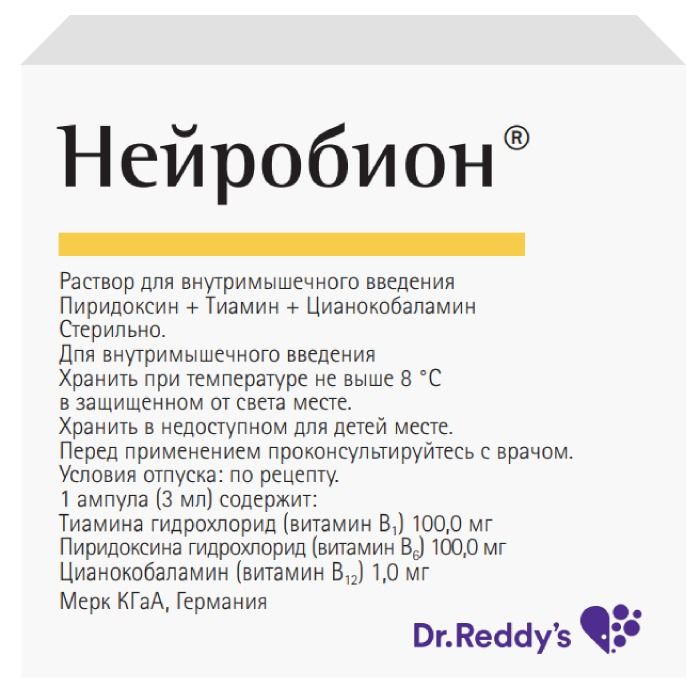
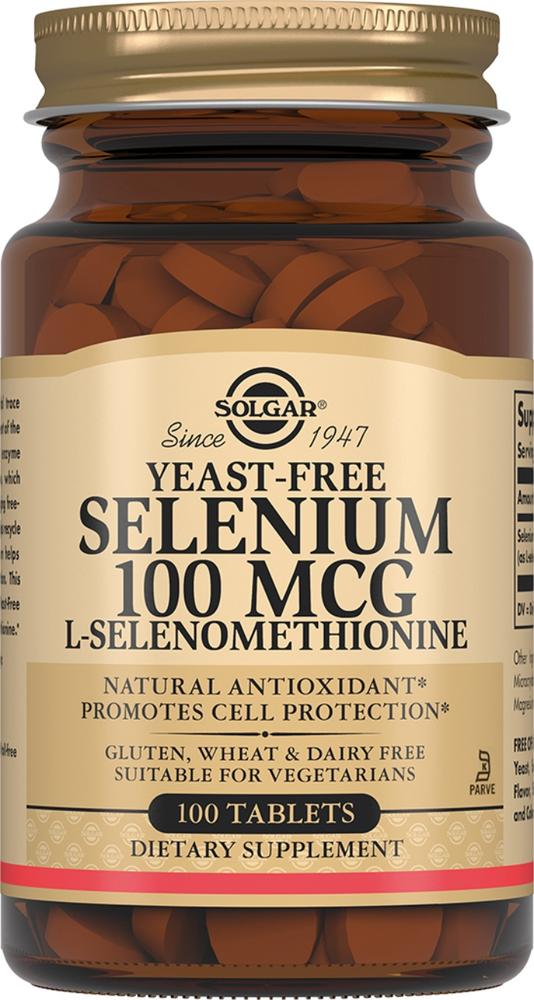

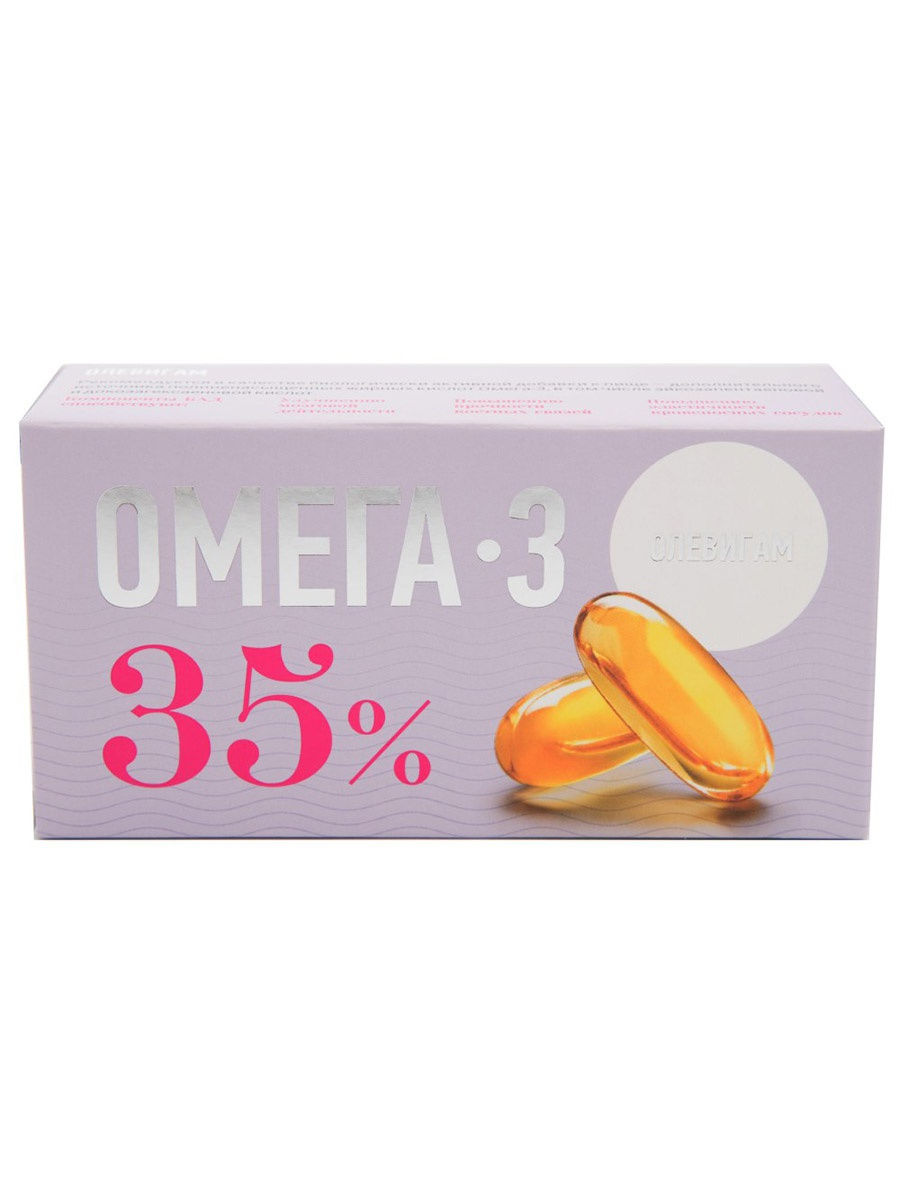
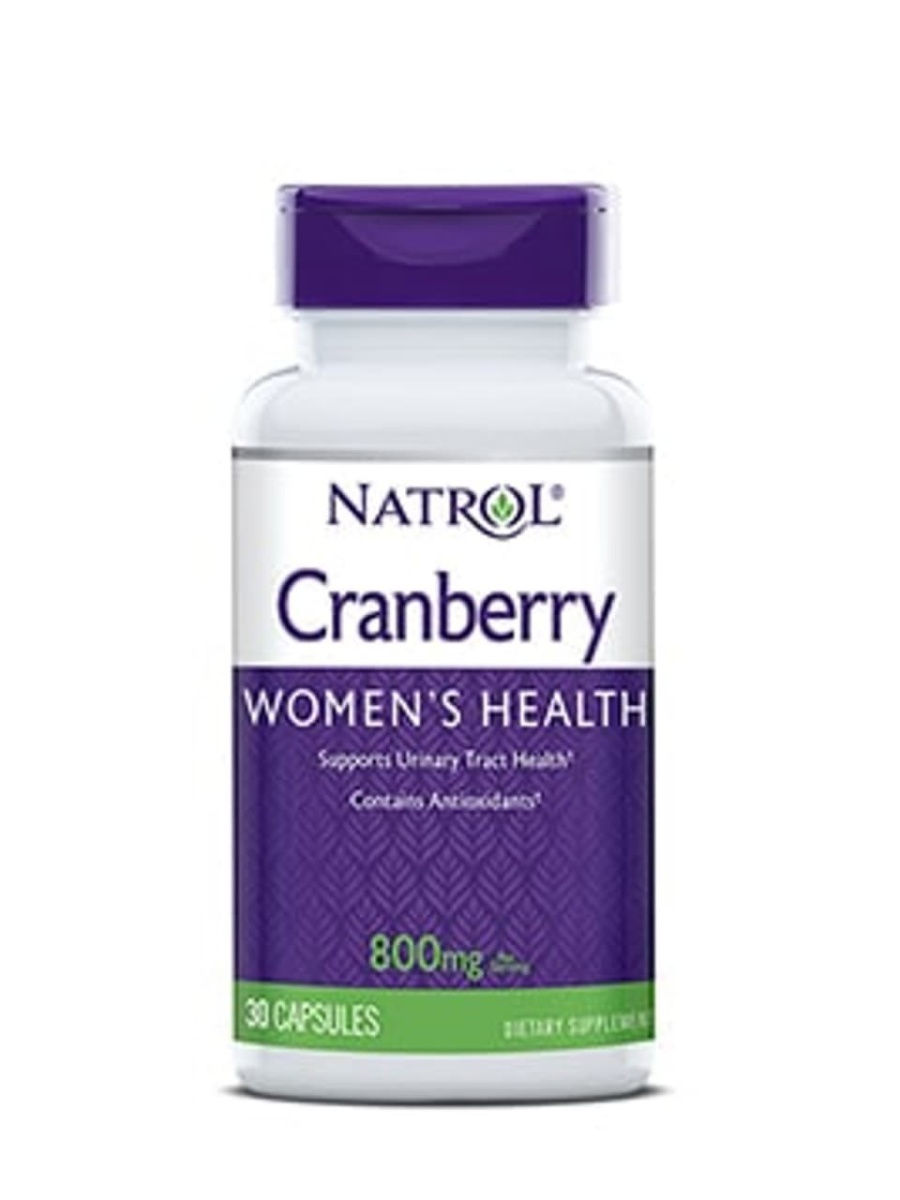
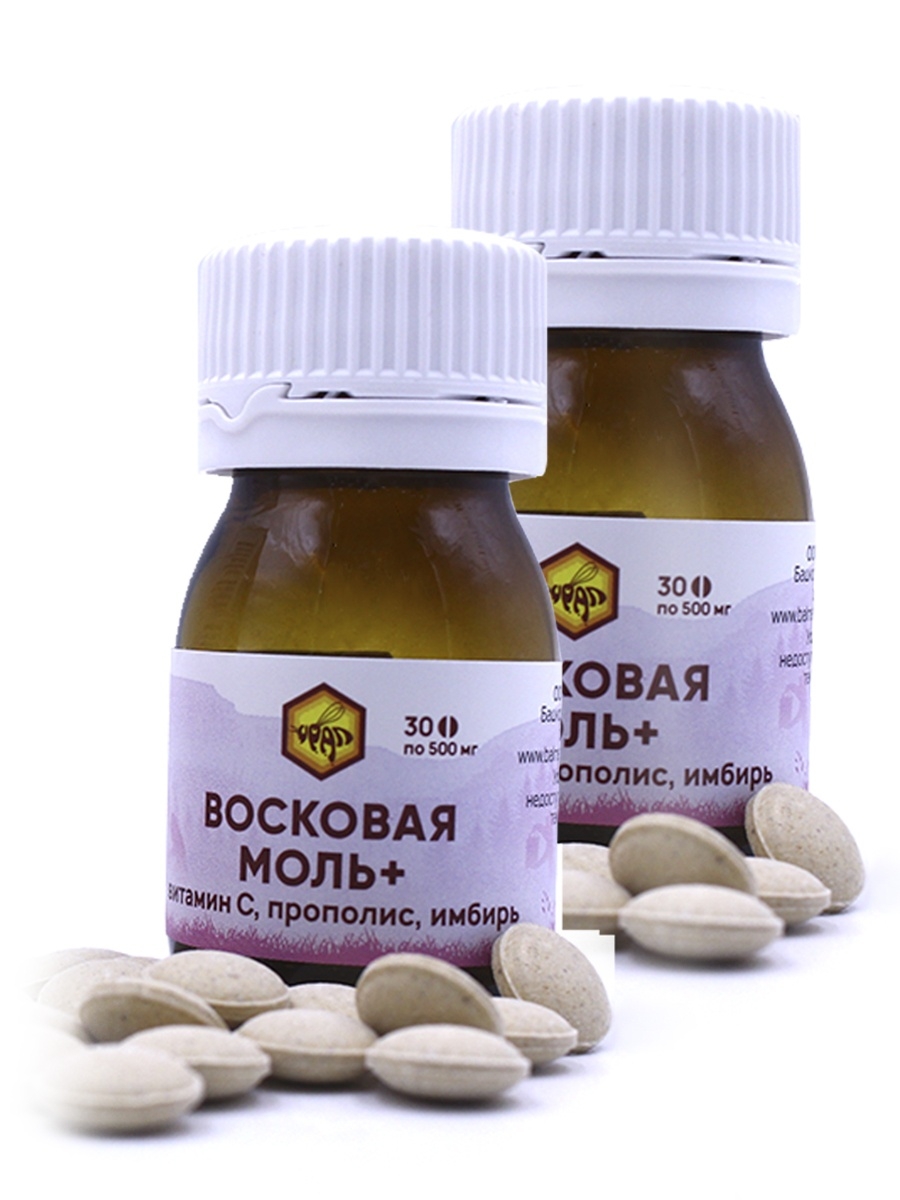
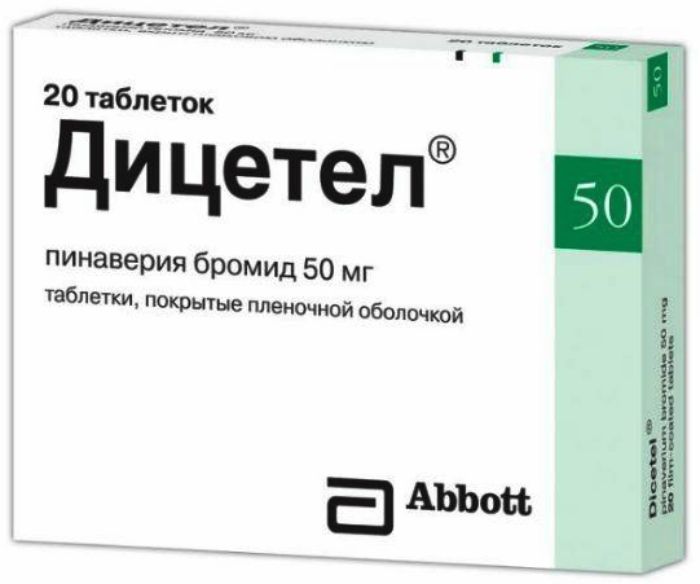

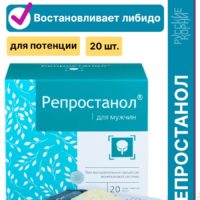
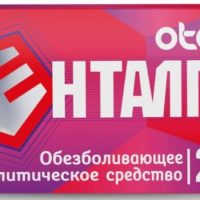

There are no reviews yet.